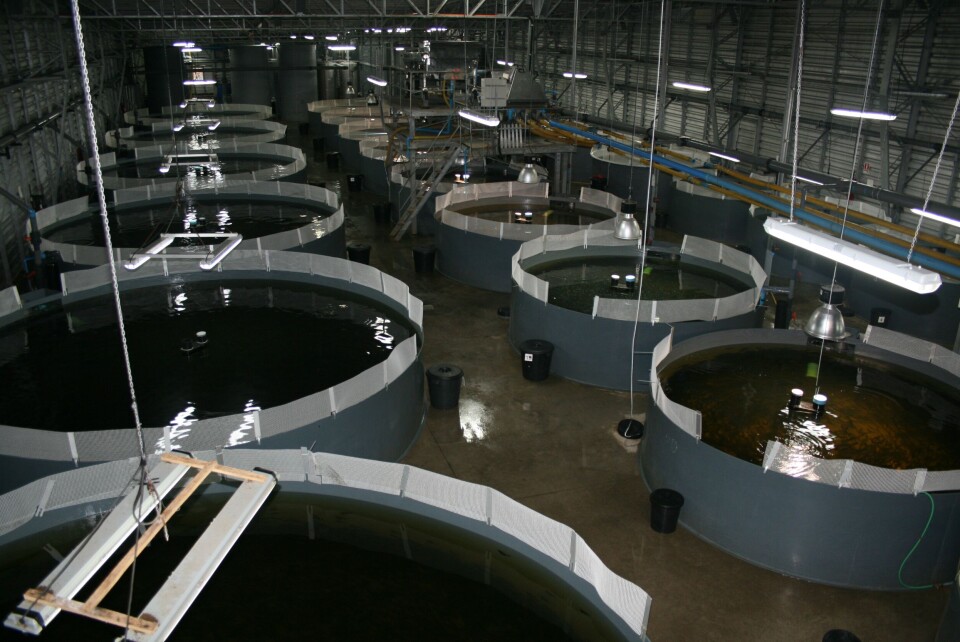
Recirculating knowledge: short course for RAS staff
The NAFC Marine Centre UHI has launched a new short training course in Water Quality Awareness for staff involved in operating recirculating aquaculture systems (RAS).
The RAS Water Quality Awareness course is the latest addition to NAFC's portfolio of specialist aquaculture training courses and provides an introduction to the fundamentals of monitoring and maintaining water quality and fish health in recirculating aquaculture systems.
Course co-ordinator Stuart Fitzsimmons said: "The advantage of recirculating systems is that they need much less fresh water than traditional flow-through systems, but it is essential that the quality of the water is monitored and maintained. That includes filtering and treating the water to remove waste material and chemicals, and to maintain the optimum environmental conditions for fish growth."
Response to industry requests
The course is the latest to be developed by the NAFC Marine Centre in response to requests from the aquaculture industry, to provide specialist training for their staff.
Topics covered include:
- Background: Recirculating compared to flow-through aquaculture systems.
- Fish water quality requirements: oxygen, temperature, pH, salinity, ammonia, nitrite, and nitrate.
- Principals of recirculation systems: Nitrifying & denitrifying bacteria, start-up procedures, monitoring, bio-towers, fluidised beds, and filtration.
- Common problems & what to do: crashes, oxygen / carbon dioxide, power cuts, clogging, ozone / UV, chemicals (disinfectants), and antibiotics
- Fish health problems & treatment in recirculation units: ammonia poisoning / brown blood disease, bacterial gill disease, fungus, carbon dioxide, low oxygen, pathogenic bacteria, and heavy metals.
The half-day course can be delivered at the NAFC Marine Centre in Shetland, or elsewhere by arrangement.
Further information about the new course is available here.























































